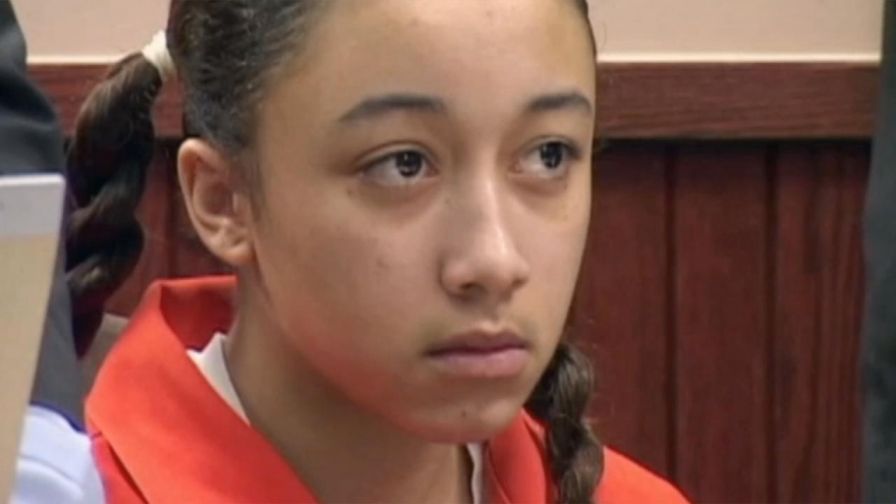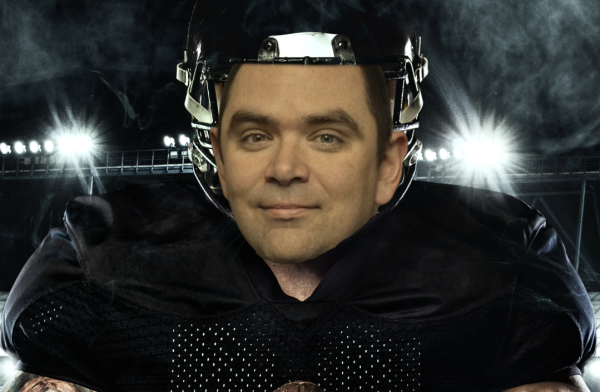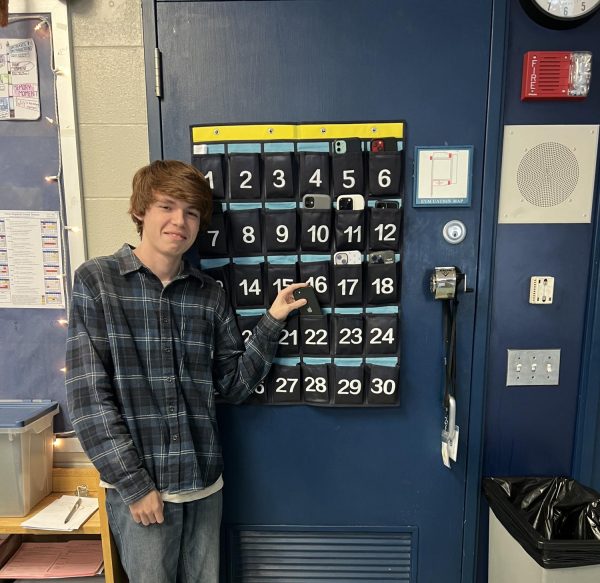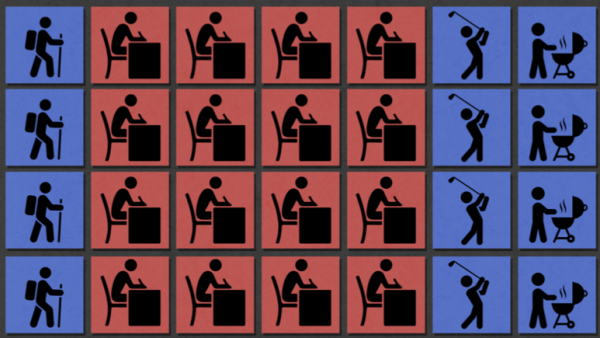Outrage Sparked over Controversial Cyntoia Brown Case
Sex-trafficked teenager kills abuser in alleged self-defense, and was sentenced to life in prison.
December 14, 2017
Cyntoia Brown, the now-imprisoned 29-year-old, was convicted of fatally shooting her abuser at 16 years-old, and sentenced to life in prison. Brown had been a child sex slave before the shooting and was only freed from the trafficking industry due to her arrest. She is now the center of a documentary, a major change in how Tennesee deals with child prostitution cases, and celebrities and social activists are rallying around her.
From the beginning of her life, Brown has faced trials and tribulations. Brown’s birth mother admitted to drinking a fifth of whiskey a day, every day that she was pregnant with Brown. When Brown was born, she showed signs of fetal alcohol syndrome, which is known to slow brain development and reduce the quantity of brain matter.
As a child, Brown was put up for adoption, and was adopted by a Tennessee family, but dropped out of elementary school and ran away to Nashville, where she was making money from prostitution. At the age of 16, she was living in a motel with a pimp named ‘Kutthroat’, who forced her into prostitution, and drugged her and raped her every day that the two lived together.
On August 6th, 2004, Brown was sold to a 43-year-old real estate broker, Johnny Allen, who picked her up in his pickup truck on a street corner in Nashville and drove her to his house. Brown described Allen in her court testimony as “a sharpshooter in the Army” and described his house as “full of guns”, so when he reached under the bed while raping her, Brown thought he was reaching for a gun to kill her. At that point, Brown took her own handgun out of her purse and shot Allen, killing him. Before leaving Allen’s house, Brown took money and two guns.
Brown was tried as an adult in 2006, after being charged with first-degree murder and aggravated robbery. During the trial, the jury rejected her claim of self-defense, and convicted Brown on all charges, sentencing her to life in prison. She is currently incarcerated in the Tennessee Prison for Women in Nashville, where she is described as a model inmate, and will not be eligible for parole until she is at least 67 years old.
After PBS’s Independent Lens series released a documentary on Cyntoia in 2011, conversations around her case have been started around the country, including in the United States Supreme Court. The Supreme Court ruled that states must review cases of children convicted of life sentences after each consecutive 10 year period of time served, with a maximum of 30 years served. Tennessee, however, has its own life sentence review law. They review life sentences for convicted teens after 51 years, which is how Brown will first be eligible for parole at the age of 67.
A new wave of support for Brown has come recently, as celebrities and activists hear of her case. The most notable supporter of Brown’s retrial and release is Kim Kardashian. Kardashian tweeted in late November, that she had contacted her personal attorneys to see if there was a way to get Brown a new trial or get her released. Many others have spoken out about her case, including members Triton High School community.
Triton High School English teacher, Erin Dempsey, voiced her concern for the apparent overlook of the extraordinary circumstances surrounding Brown’s case.
“I think it needs to be taken into consideration what she experienced in her past and how that influenced the person that she became as an adult… there are studies that show how significant trauma can affect a young child for the rest of their life.”
One of Dempsey’s students, Senior Ben Hall, seems to agree with her stating: “I think it’s a complete lapse of judgment by the judicial system. Either the defense failed to convey the circumstances of her situation or the jury was polluted. In either circumstance, there should have been a new trial.”
Other students have voiced their concern about a glaring double-standard that seems to be highlighted in Brown’s case.
“It breaks my heart that she is serving a life sentence for defending herself against the man who sexually abused her on a daily basis, and yet people like Brock Turner only have to serve three out of their six-month sentences for raping a woman. What is considered justice in this country is seriously flawed and I hope that some sort of justice comes to Cyntoia Brown,” said Triton High School Senior, Amanda Sheehan. One of Sheehan’s classmates, Jaynee Colberg, echoed the same sentiment, stating that “it’s messed up.”
Community member and University of Oklahoma Constitutional Studies Major, junior Amy Vanderveer, agrees with the Triton seniors. Vanderveer states “I think it is completely unfair that she gets life. Given the circumstances, that’s way too extreme. This case definitely needs to be reviewed.”
While it is clear that some passionately disagree with the verdict and sentencing in Brown’s case, others, are not even familiar with the case. Such is the case with Triton Senior, Olivia Doane, who said: “I don’t even know who that is, what is that about?”
While Hannah Burd knows of the case and has watched the entire documentary on it, Burd believes that it Brown’s case is a topic of conversation. “I think that this is definitely something that should be looked into more. As I was watching the documentary, all I could think about is how messed up it was.”










